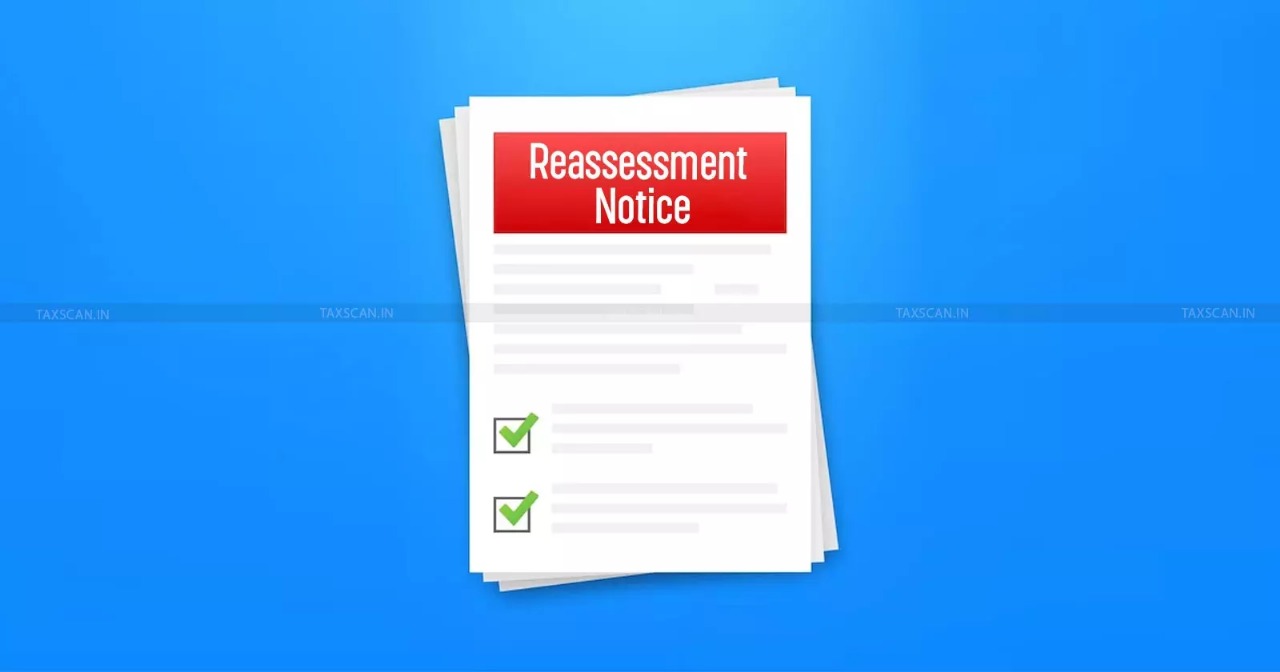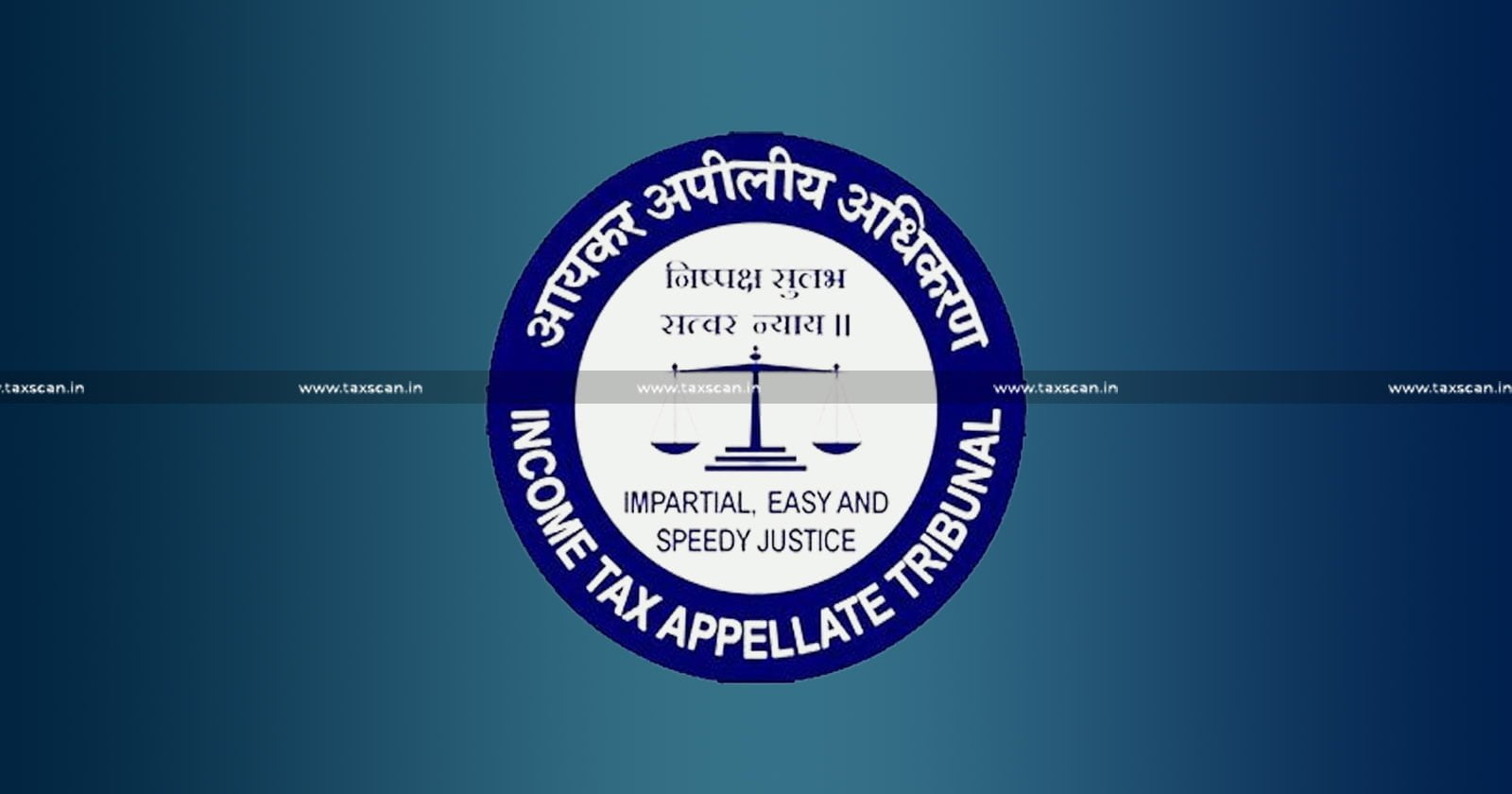AO's Application of Rule 8D Valid for Exempt Dividend Income: ITAT Upholds ₹15 Lakh Disallowance [Read Order]
The Tribunal upheld the disallowance of Rs. 15,00,327 under Section 14A read with Rule 8D of the Income Tax Act, 1961 and affirmed the Assessing Officer’s application of Rule 8D for expenses related to exempt dividend income
![AOs Application of Rule 8D Valid for Exempt Dividend Income: ITAT Upholds ₹15 Lakh Disallowance [Read Order] AOs Application of Rule 8D Valid for Exempt Dividend Income: ITAT Upholds ₹15 Lakh Disallowance [Read Order]](https://images.taxscan.in/h-upload/2025/07/04/2059043-rule-8d-valid-exempt-dividend-income-disallowance-itat-taxscan.webp)
The Ahmedabad Bench of the Income Tax Appellate Tribunal (ITAT) has upheld the disallowance of Rs. 15,00,327 made by the Assessing Officer (AO) under Section 14A read with Rule 8D of the Income Tax Rule, 1962, for the Assessment Year (AY) 2017-18.
Vadilal International Private Limited (assessee), a company engaged in providing trademarks and copyrights for the brand "Vadilal," filed its return of income for AY 2017-18 on 31-10-2017, declaring a total income of Rs. 3,29,13,300.
The assessee, the owner of the "Vadilal" brand, reported investments of Rs. 15,12,70,855 and earned dividend income of Rs. 35,14,380, which was claimed as exempt. The assessee voluntarily disallowed Rs. 11,571 under Section 14A of the Act, pertaining to expenses related to exempt income.
 Also Read:ITAT Sets Aside Reassessment Notices Issued u/s 148 for Lack of Proper Sanction Post Finance Act, 2021 [Read Order]
Also Read:ITAT Sets Aside Reassessment Notices Issued u/s 148 for Lack of Proper Sanction Post Finance Act, 2021 [Read Order]
During scrutiny assessment, the AO found the assessee’s disallowance inadequate as it did not comply with Rule 8D of the Income Tax Rules. The AO recalculated the disallowance, adding Rs. 15,00,327 under Section 14A read with Rule 8D, and also made a disallowance of ₹15,12,078 under Section 115JB of the Act.
Aggrieved by the AO’s order, the assessee appealed to the Additional Commissioner of Income Tax (Appeals) [CIT(A)], who confirmed the addition under Section 14A but deleted the addition under Section 115JB.
Aggrieved by the CIT(A)’s order, the assessee appealed to the ITAT. The counsel for the assessee argued that the CIT(A) erred in confirming the ₹15,00,327 disallowance under Section 14A without considering the assessee’s submissions and that the AO failed to record dissatisfaction with the assessee’s computation of expenses related to exempt income before invoking Rule 8D.
The Revenue counsel defended the AO’s actions, arguing that the disallowance was justified as the assessee’s investments significantly exceeded the exempt income, and the voluntary disallowance was not in accordance with Rule 8D.
The two-member bench comprising Dr. BRR Kumar (Vice President) and Shri T.R. Senthil Kumar (Judicial Member) observed that the AO had examined the assessee’s profit and loss account and found that the exempt income reported in Schedule BP was disproportionately low compared to the investments made.
The bench observed that the AO had called for an explanation from the assessee, thereby satisfying the requirement to record dissatisfaction with the assessee’s disallowance before applying Rule 8D.
The Tribunal further observed that the assessee’s argument that no administrative expenses were incurred for the exempt dividend income and that the suo motu disallowance of Rs. 1,32,587 (based on 8.73% of total income) was adequate.
The tribunal upheld the AO’s application of Rule 8D, finding it consistent with the legal framework for computing disallowances related to exempt income. It held that the AO’s disallowance of Rs. 15,00,327 under Section 14A read with Rule 8D was valid.
 Also Read:ITAT Acknowledges Assessee’s Non-Appearance Due to Medical Emergency: Restores 80G Approval Matter to CIT(E) [Read Order]
Also Read:ITAT Acknowledges Assessee’s Non-Appearance Due to Medical Emergency: Restores 80G Approval Matter to CIT(E) [Read Order]
The bench held that the assessee failed to substantiate that no expenses were incurred in earning the exempt dividend income. The appeal filed by the assessee was partly allowed.
Support our journalism by subscribing to Taxscan premium. Follow us on Telegram for quick updates


